A growing list of developing countries and mobile money operators are turning to digital public goods as a path forward to achieve their interoperability and financial inclusion goals. A new post-COVID-19 digital renaissance is emerging. More than 100 countries have made digital government-to-person (G2P) payments possible during COVID-19 and now have the potential to scale up their interoperable payment system designs to provide permanent relief to their unbanked populations. Digital public goods (DPGs), such as Mojaloop, an open source software recognized by the Digital Public Goods Alliance, are the catalyst to interoperable payments systems and G2P payments that could bring the 1.4 billion people unbanked into the digital economy – especially since most citizens already own a simple mobile phone. If successful, the $10 trillion-dollar informal economy could have a direct pathway into the digital financial sector.

